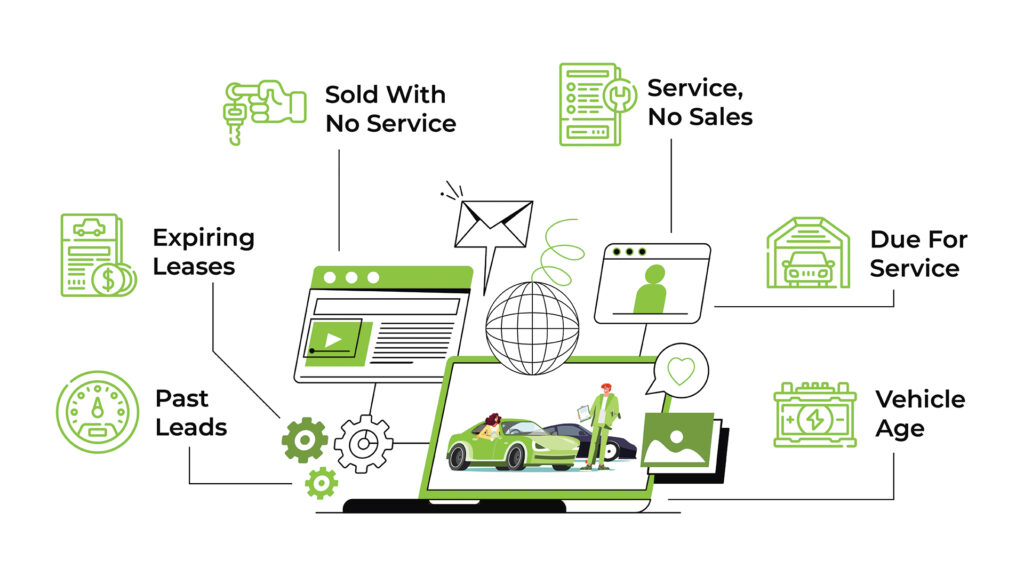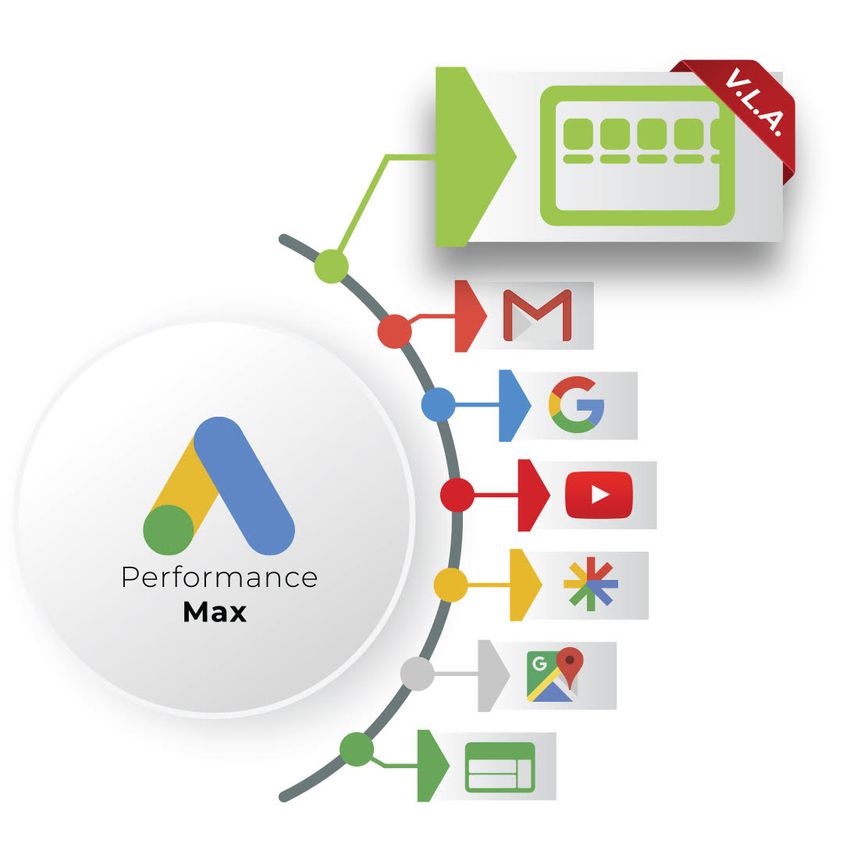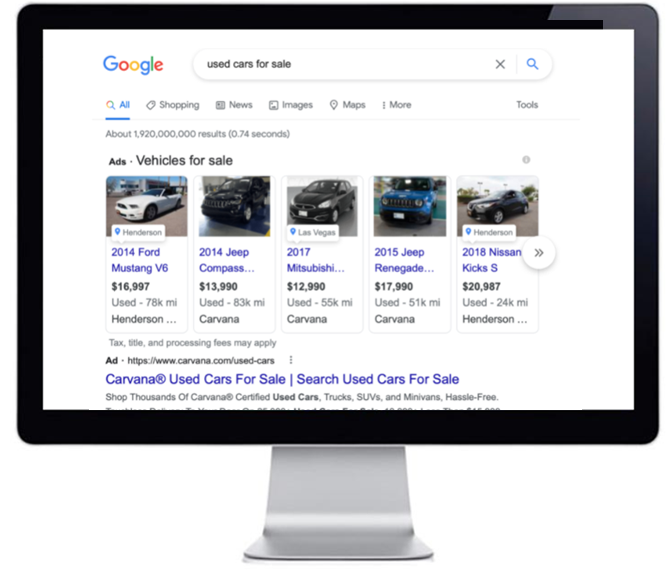Can TikTok help drive sales
for your Dealership?
What is TikTok?
TikTok is a social media platform that allows users to create, share, and discover short-form videos. It provides a space for individuals and content creators to express themselves through creative and entertaining videos set to music. Automotive giants like BMW, Mercedes-Benz, and Hyundai harness TikTok's authentic virtual showroom for marketing, offering a seamless blend of inspiration, information, and entertainment.
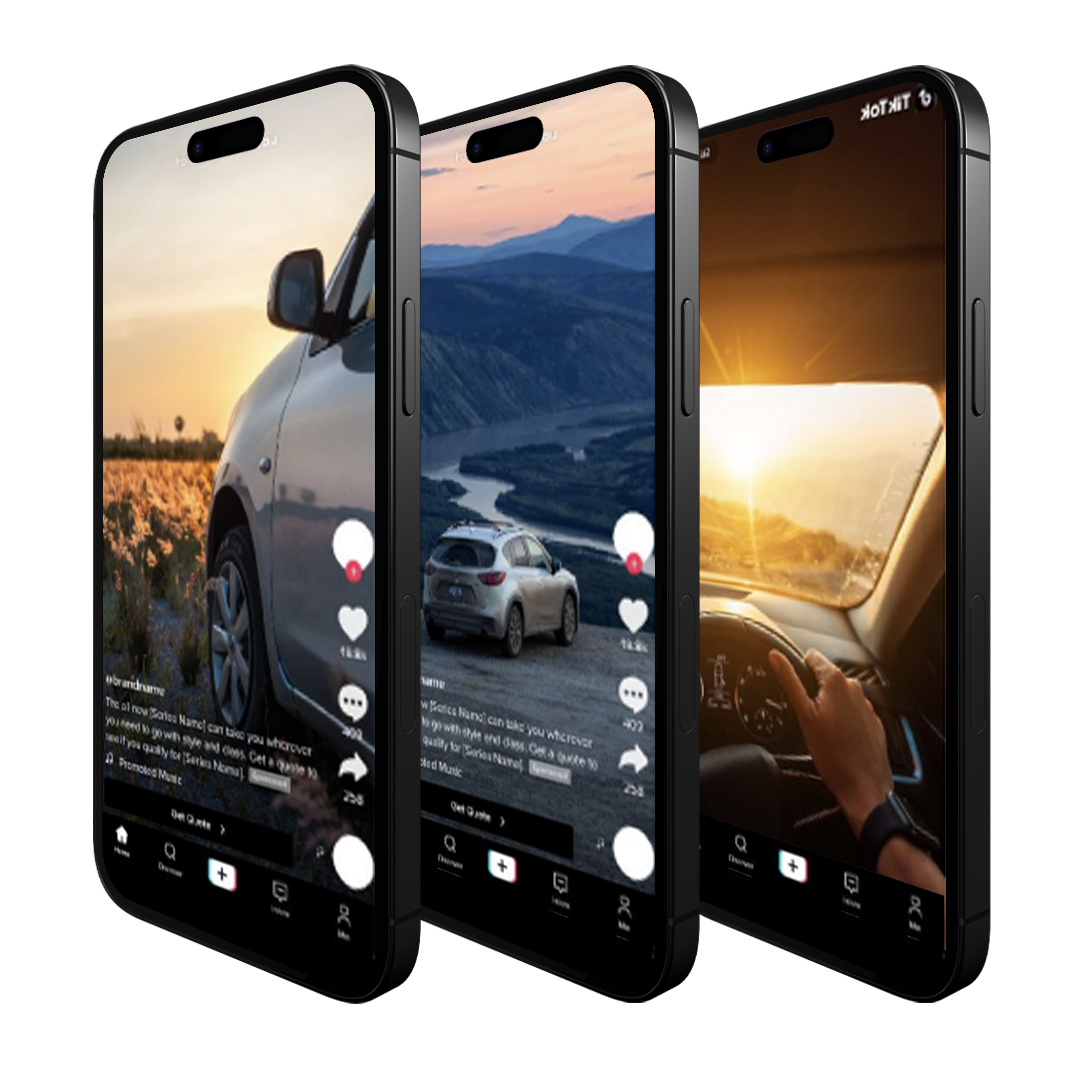
Passionate automotive enthusiasts, including brands, creators, and consumers, unite on TikTok, fostering expansive communities with over 130 billion combined views on trending hashtags such as:
#car #carlover #carsoftiktok #electriccar #driving #offroad #roadtrip #SUV #truck #trucklife
Research shows that many US-based TikTok users are in the market to buy or lease a car. In fact, almost half (47%) are planning to buy or lease a car in next 12 months.¹
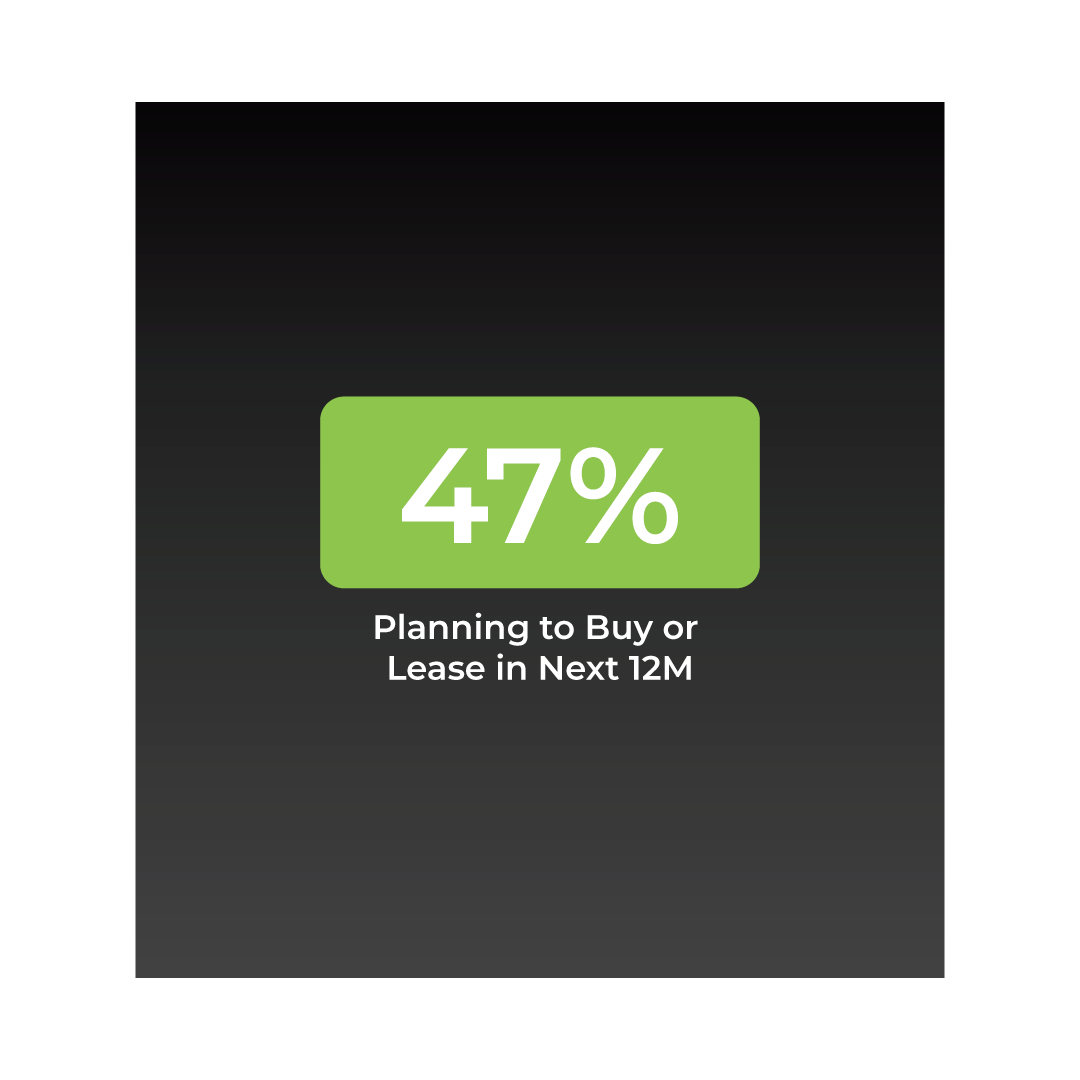
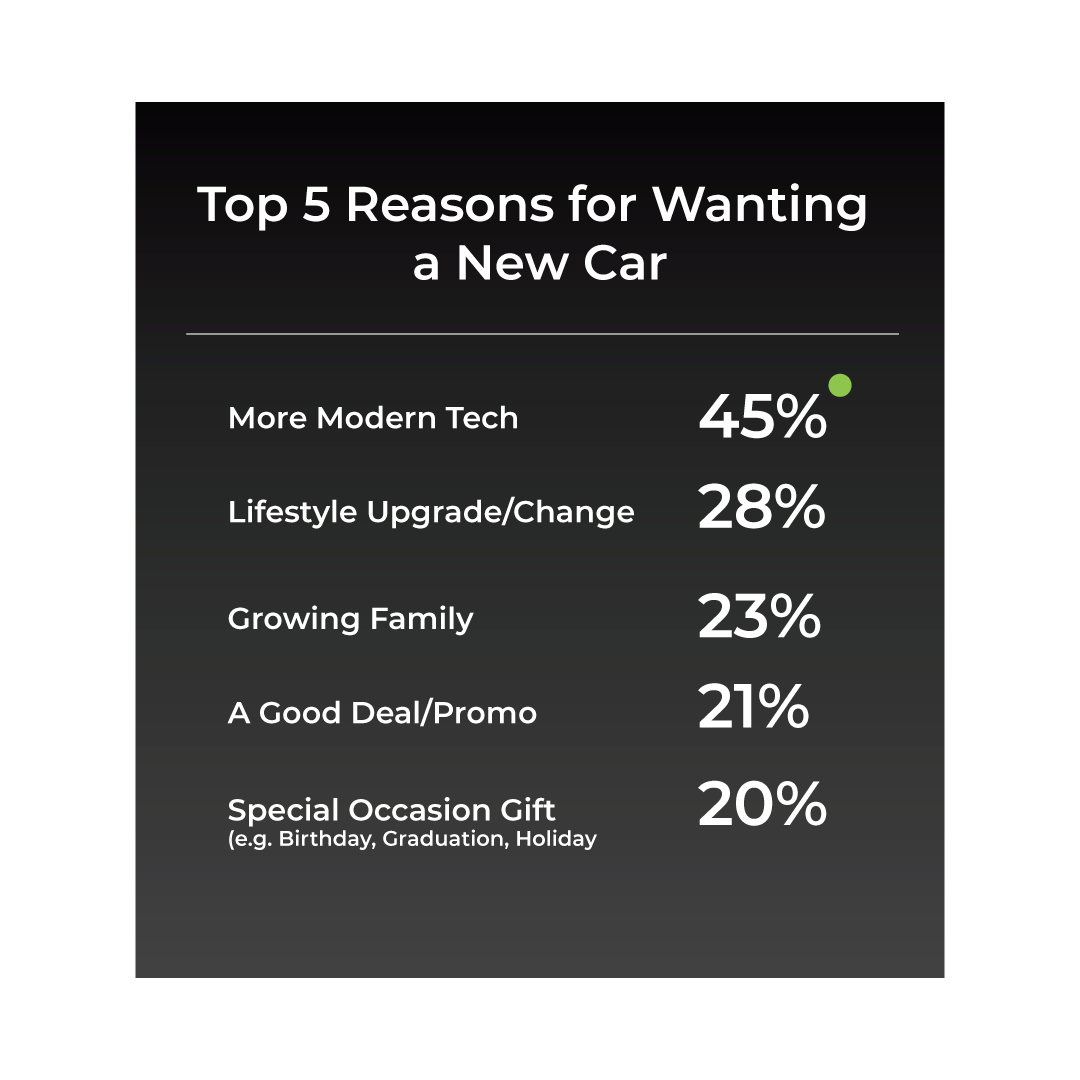
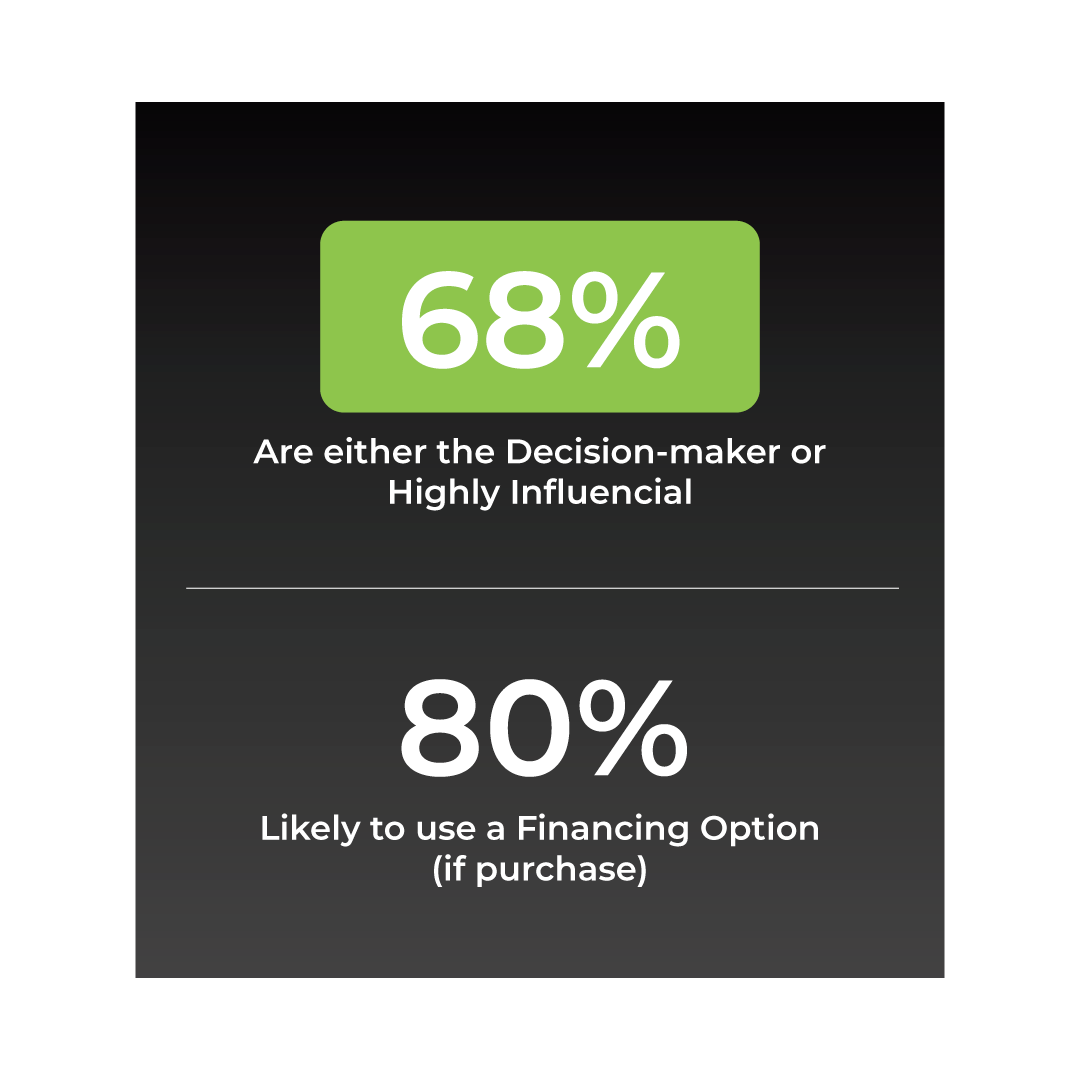
When it comes to car purchases or rentals, 68% are either the decision-makers or highly influential in their household. And importantly, TikTok inspires them to act: 3 in 4 (74%) have taken action, such as sharing with a friend, reading reviews or visiting a dealership, after seeing automobile ads or content on TikTok. And a significant 12% of users said they purchased or leased a car after seeing it on TikTok.
- Launch your verified account
After signing up for a TikTok Business Account, start your journey by working with your Green Line contact to verify it. This will give you a verification badge, which is the blue checkmark that you see next to a profile’s handle. It assures users that your account is legitimate and belongs to your brand. Essentially, if you launch straight into paid ads without setting up an official branded account, you'll be missing an important opportunity to start building your audience and prime them for future organic reach. - Provide assets to be utilized on the following ad formats
TikTok offers several different opportunities to reach your target audience though it's currently more effective for building awareness than driving direct sales, similar to Google Search ads. Yet, it's crucial to be present where users spend increasing time.- In-Feed Ads: In TikTok, In-Feed Ads are a type of advertising format that appears in users' "For You" feed, which is the main feed where users discover content. These ads are native to the platform, seamlessly blending with the user-generated content on TikTok. In-Feed Ads typically appear in between organic videos as users scroll through their feed. In-Feed Ads are an effective way for advertisers to reach a large and engaged audience on TikTok.
- Spark Ads: Spark Ads on TikTok are a specific type of advertising format designed to boost the visibility of organic videos posted either by a brand's account or TikTok creators. These ads serve the organic videos as In-Feed Ads, appearing seamlessly in users' "For You" feed. Spark Ads are particularly useful for brands aiming to enhance the authenticity of their content and leverage the engaging nature of user-generated videos on TikTok to connect with a broader audience.
- Branded Effect: Ads on TikTok refer to a type of advertising that involves creating special 2D and 3D video effects that users can apply to their own content. These effects are branded and associated with a specific advertiser, providing an interactive and engaging way for users to interact with the brand's content.
What's coming next
TikTok recently introduced Alpha testing for a cutting-edge ad format, Automotive Inventory Ads (AIA). Much like Meta, AIA leverages your vehicle feed to craft dynamic ads showcasing your live inventory. This innovative approach allows you to target in-market users with specific models or offers. Green Line Automotive is one of a few partners who has secured approval to participate in the early stages of AIA, giving our customers an edge over their competition. Learn more here about our TikTok services for car dealerships.
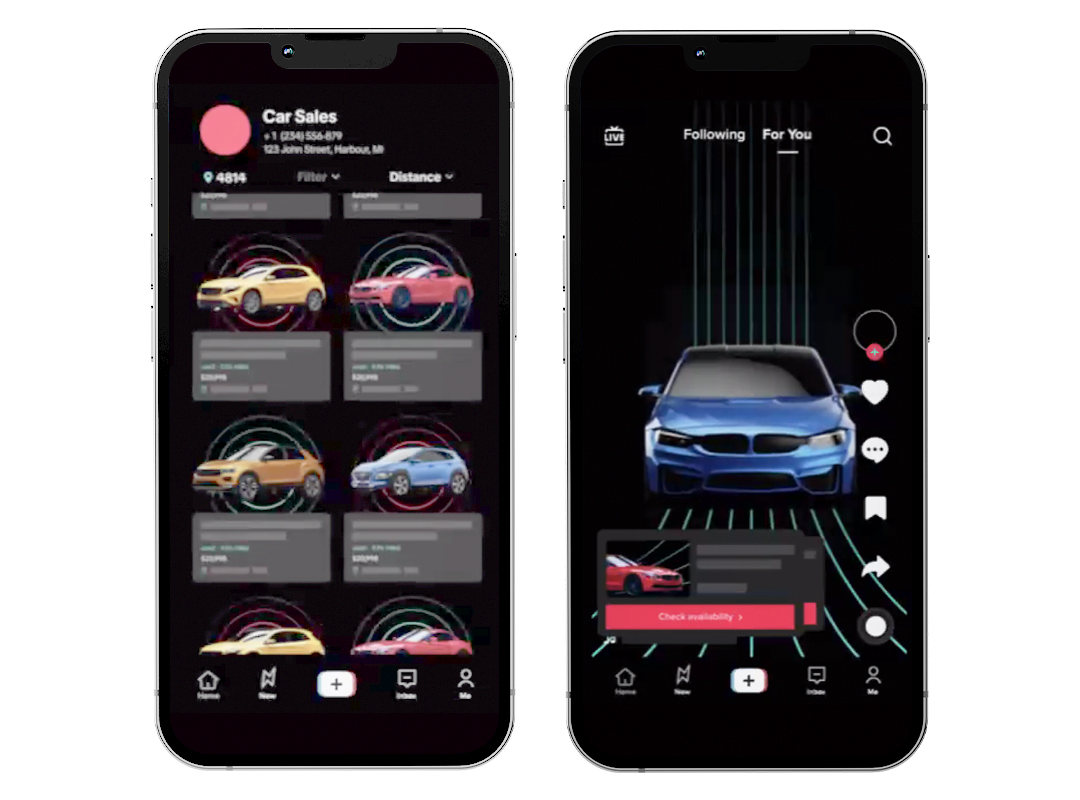
About Green Line Automotive:
Green Line Automotive is an automotive digital advertising agency created for automotive dealerships. Our mission is to deliver tier-one automotive advertising expertise, technology, and service to the tier-three dealers. We give you an advantage over your competition by giving every dealership the best in technology coupled with a fully customizable approach.
See our automotive digital advertising services such as Automotive Paid Search or Vehicles Listing Ads or contact us at info@greenline.nyc or 833-GLD-CARS.
Sources:
¹TikTok Marketing Science US, Custom Auto Survey via Suzy, June 2021, Base: US Monthly TikTok users, ages 18-55
Want to connect about your Digital Strategy?
Fill out the form below and someone from our team will reach out to you to set up a time to connect.
Fields marked with * are required
